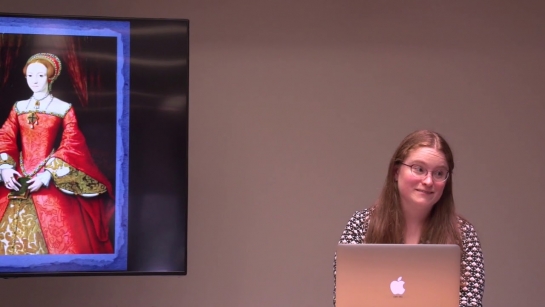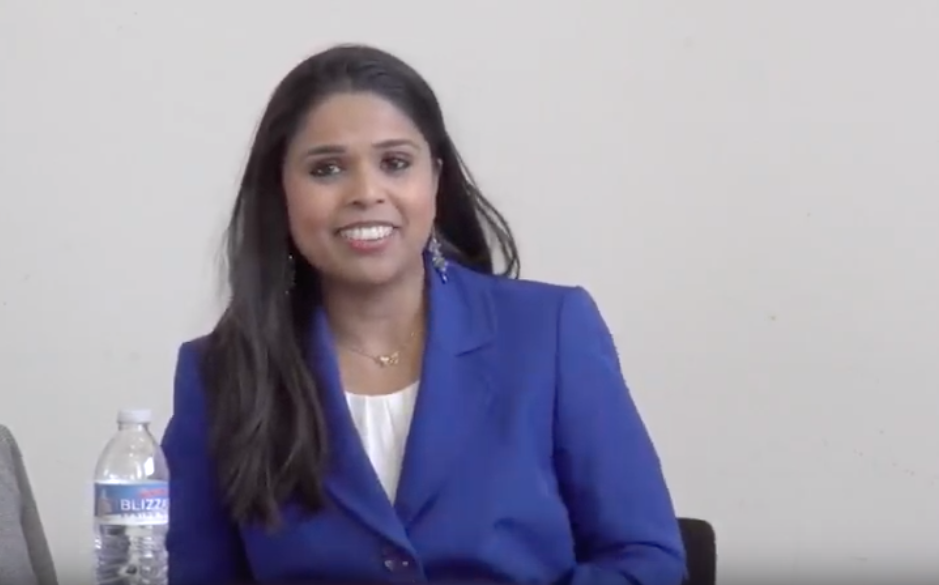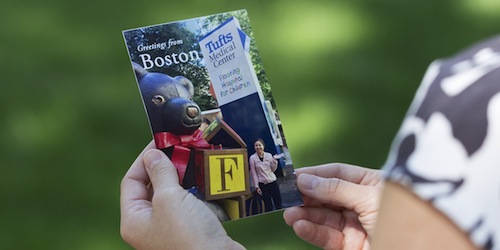Computer Science and Technology

If you are interested in using your technical knowledge, creativity, problem-solving, and critical thinking skills in your career of choice, exploring opportunities in technology, and software engineering-related industries and sectors may be of interest to you. These industry areas are growing and innovating rapidly – opportunities that are unheard of today may be top options in a few years. Broadly speaking, employment in computer and information technology occupations is projected to grow 15 percent from 2021 to 2031.
Computer science at Wellesley encompasses the broad application and theory of ideas relating to hardware and software. As an outcome, those studying computer science should leave with a broad understanding of how computing and technology applications work so that they can build computer applications of the future. Since technology is present in any and all industries and disciplines, the application of technical knowledge can be found in numerous career opportunities.
"It’s great to come from a place like Wellesley that has a tradition of excellence, but it can be easy to forget that every alum has gone through the same thing you are going through right now."
Pre-law Advising at Wellesley: Information for Prospective Students
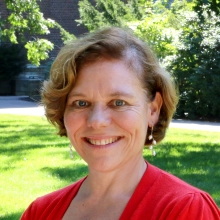
The liberal arts education offered by Wellesley College prepares students for a wide range of careers and graduate studies, including law school. This resource contains answers to some FAQ about preparing for law school.
Getting Started in Politics, Advocacy, Government at the Local & National Levels

Local and state government offers students a great opportunity to see how agencies and legislation work on a smaller scale. For students passionate about their state or a particular issue, state politics is a wonderful place to get started! Below, I highlight a few ways to get involved in politics at the local (including at Wellesley!) and state level. In terms of gaining experience at the national level in US politics and policy, DC is the place to go. This document will address finding a range of internships in DC as well tips for networking. We’ll start with the three branches of government, briefly address other government agencies, move to international organizations, and finish with think tanks and nonprofits. For students interested in international affairs and government, intern and/or study abroad to demonstrate your regional expertise and intercultural communication and adaptability skills.
Performing Arts
Like most art disciplines, careers in theatre span widely from performance and creative roles to technical positions to administrative functions and even educational and therapeutic professions.
ROTC at Wellesley

The Reserves Officer Training Corps (ROTC) is a college program that prepares students to become commissioned officers in the United States Armed Forces. The ROTC curriculum is pursued at the same time as your Wellesley College courses, and is focused on leadership development and career training.
Wellesley offers students the opportunity to join the Army and Air Force ROTC programs. Both programs are hosted by the Massachusetts Institute of Technology...
Study Abroad: Government, International Affairs, Law, & Public Policy Careers

Students interested in careers in government, law, international affairs, and public policy are encouraged to focus on skill development and experience. This is especially important as employers, and graduate programs in this space continue to look for commitment to understanding these industries. Below please find suggested study abroad experiences that help develop specific skills and experiences to help be competitive in these industries.
Museums and Galleries
Museums are educational organizations that collect, preserve, and present important artifacts and/or works of art for the public to view and study. Museums may be organized by their collections (art, history, natural history) or by their intended audiences (children's museums). Possible occupational titles include: museum director, curator, collections manager, archivist, museum technician, conservator, researcher, exhibit designer, educator, editor, photographer, and librarian.
Fine Art
Practicing artists support themselves by teaching, selling artwork, being awarded grants and commissions, and a wide variety of other related (and non-related) professional endeavors. Growing and maintaining an active studio practice requires both training and resources— in the form of materials, equipment, space, and exhibition or performance opportunities. Many artists refine their work and begin to connect with the world of galleries, grants, and exhibitions in a graduate program (usually an MFA program). However, this is not the only path to a career as an artist.
Fashion and Lifestyle
Fashion is a fast-paced and exciting industry for those who love clothes, designs, and trends. This international industry includes careers ranging from modeling to fabric/clothing design, from marketing to retail, from business to manufacturing, from buying to merchandising. Possible occupational titles include: fashion designer, model, photographer, fashion editor, fashion writer, fashion stylist, fashion buyer, retail merchandisers.
Design and Illustration
Design and illustration careers begin with a portfolio of client-based or self-inspired work that displays your talent, style, and creative thinking. While there are full-time positions in the field of design, there are fewer full-time opportunities for illustrators. For this reason, many illustrators work as designers and illustration is a part of their job.
Arts Administration
A career in arts administration combines interest in the arts with business expertise and fundraising skills. Arts administrators work for symphony orchestras, art galleries, museums, ballet companies, musical groups, theatres and other organizations.
Technology Internships for First Years and Sophomores

While it is true that many internship opportunities are geared towards students in their junior year, an increasing number of companies are creating first-year and/or sophomore-focused internship programs. Please note that this is certainly not an exhaustive list, and there are a number of additional companies that may not have first-year/sophomore specific programs, but that are first-year/sophomore-friendly.
Law School — College Certification

Many law schools require that a dean's or college certification or questionnaire be completed by the applicant's undergraduate institution. This certification typically requests the applicant's class rank, status on physical or emotional health, and information on matters of discipline during the undergraduate years.
Arts Education
As a field, art education spans traditional K-12 art classrooms to university/college teaching and even to more community-oriented spaces, like museums, arts centers, and educational non-profits. This field even crosses over into healthcare in the form of vocational rehabilitation and art therapy programs.
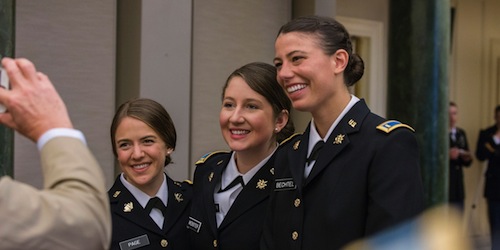
“Medicine is about studying how life works, but the practice of medicine is also learning about life through other people. I have appreciated the opportunity to experience both this summer.”
On-Campus Recruiting Program Policies (Students)

Career Education expects all students to abide by the following rules in order to maintain the success and integrity of Wellesley’s recruiting program.



